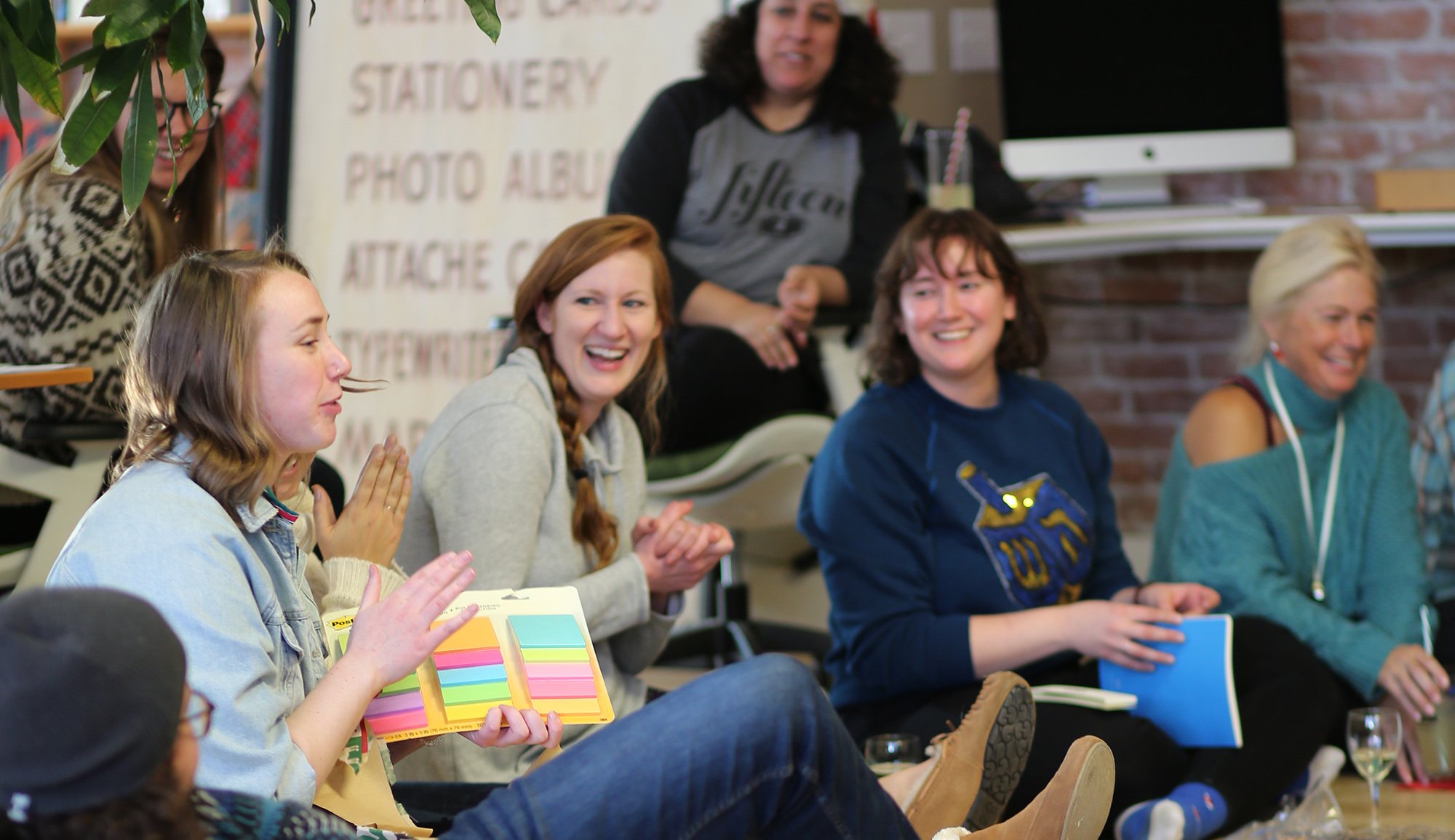Time to define: what happens next?
We’ve moved beyond “unprecedented” as the adjective of the moment. The novelty of remote work and Zoom calls has faded. Headlines like New Normal and Uncertain Future run, while articles speculate on loan forgiveness and unemployment rates. Things can seem so overwhelming that we struggle to being coping with COVID-19 anxiety, fatigue, and depression.We can find little bits of our story in the news, but beyond that, there seems to be a numbness – as if somewhere during the turmoil and panic, we lost our grip on the future. The National Center for Health Statistics says that during non-pandemic times 5.1% of Americans report feeling helpless at any given time. Repeated exposure to stressors beyond our control can lead us to develop what is called learned helplessness. This condition makes us believe that we cannot change our circumstances, which will often result in depression. How do you push through the fog of worry, uncertainty, and grief? Slowly and deliberately.
Overcoming COVID-19 anxiety: Reclaim control
There will always be situations that test us. We cannot prevent the unexpected. What we can do is own the moment that we are in without apology:
Define what matters most to you—these could be big on a macro level like working toward a ten-year goal or more micro, working in a clutter-free environment.
Release previous expectations—we are not operating in the same reality that we did before. It isn’t failing to reset goals. It’s an appropriate evolution.
Create a balanced priority hierarchy—it’s beneficial to have a roadmap, but don’t pile too much on yourself. Don’t be tempted by a no pain, no gain mentality. Give yourself a to-do list for a day, draft a second list with things you can do over a few weeks and another list of things that would be a bonus to finish but have no expiration date.
Acknowledge the excitement and fear of change—it is a-ok to be stressed and worried. Nothing on this list will miraculously get rid of that. What you may get is the permission to feel a tingle of possibility. How often do we get a do-over? You can change the things that haven’t been working. You get to rewrite the script.
Roleplay generosity and patience—Working through the dullness that accompanies a loss of control, if all else fails, treating yourself as you would treat an apprentice or a friend can be a way to muster empathy for yourself you might not feel otherwise.
Carve out new rituals—Developing small things that you can count on and look forward to can stave off some of the weight of worry.
Get comfortable with rerouting
This collective reckoning of certain things being beyond our control needs to stay with us. Disorder makes space for reinvention. Our connection to our future is not a straight line; it never was. COVID-19 anxiety can feel paralyzing, but we’re capable of channeling energy and focus in new ways if we allow it.More accomplished.Mellowed.Experienced.Calmer.Change happens to us as often as we create it. Witness yourself emerge differently.You’re standing on embers, and don’t know if they’ll become ashes or fire. Now is the foundation of your next creation or the flame from which you’ll forge your next arrow.Point yourself toward your future.It’s still there.You’re still here.T
his post was first published on the Future of Customer Engagement and Experience, and is syndicated here with express permission.
 .sqs-block-summary-v2 {
.summary-title-link,
.summary-heading {
font-family: archivo black;
font-weight: 400;
font-size: 2rem !important;
color: ffffff;
} }
.sqs-block-summary-v2 {
.summary-title-link,
.summary-heading {
font-family: archivo black;
font-weight: 400;
font-size: 2rem !important;
color: ffffff;
} }






